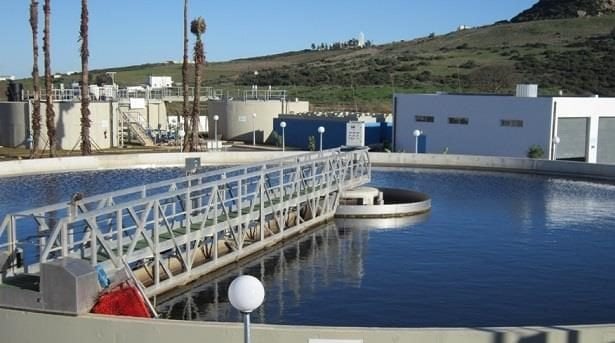The first solar-powered water desalination plant in Marsa Alam, Egypt, has been inaugurated. The facility was inaugurated by KarmWater, the water solutions division of KarmSolar following the completion of its construction.
The works were carried out under a Water Purchase Agreement (WPA) contract. KarmWater entered into the agreement with Red Sea Diving Safari – Marsa Shagra, one of the oldest resorts in the Red Sea region.
The water desalination plant in Marsa Alam has a 50% increased daily capacity of 300 m3/day. Additionally, it has a 42% better water salinity compared to other conventional sources in the area.
It will cover 100% of the Red Sea Diving Safari – Marsa Shagra’s water needs all year round. Water from the facility will be at a competitive price that values 25% less than the market norm.
40% of the total cost of the first solar-powered water desalination plant in Marsa Alam spend on solar installation
Reportedly, nearly 40% of the total cost of the construction of the water desalination facility was used on the installation of the solar power plant.
The utilization of solar energy instead of any other source is resulting in a more economical and competitively priced renewable source of water. Consequently, this could potentially drive much greater growth and expansion for water desalination, for which historically the hurdle has been cost.
The first solar-powered water desalination plant in Marsa Alam is 30% solar-powered. The power is produced and supplied by KarmSolar’s Marsa Alam Solar Grid. The aim is to reach 100% within the next decade.
KarmWater is reportedly committed to providing access to clean fresh water in the region. The company thus plans to invest in infrastructure such as pipelines. This will allow the delivery of desalinated water directly to customers, eliminating the need for water trucks. The desalinated water can also be used for agricultural purposes, supporting the local farming community.
Reported earlier
Sep 2021
Construction of Marsa Shagra Resort solar-powered desalination plant in Egypt
A Water Purchase Agreement (WPA) has been signed with KarmWater, a newly launched water solutions division of KarmSolar Group, for the construction of Marsa Shagra Resort solar-powered desalination plant in Marsa Alam, a town in south-eastern Egypt, located on the western shore of the Red Sea.
KarmSolar is a multi-utility enterprise and service provider specializing in innovative and sustainable solar energy solutions.
Scope of the Marsa Shagra Resort solar-powered desalination plant project
As per the agreement, KarmWater will implement this project, which includes the construction of a solar-powered desalination plant that has the capacity to produce 200 m3/day of potable water. With this capacity, the plant is expected to cover 100% of Marsa Shagra’s water needs.
The company will also operate the new seawater desalination plant.
According to KarmSolar Group, the resort will not be required to pay any upfront investment and will instead purchase renewable water at a considerably lower cost owing to the plant’s low operating costs.
The first project for KarmWater
The Marsa Shagra Resort solar-powered desalination plant is the first project for KarmWater since its launch.
Commenting on the new development the CEO of KarmSolar Ahmed Zahran said, “Securing our first agreement with Marsa Shagra resort validates the solution for us and the market, and motivates us to expand our water solutions commercial offering. Given the state of water resources in Egypt today, we’re proud to be among the entities working to provide effective solutions that are accessible to more clients.”
Apart from the solar-powered desalination stations, KarmWater is also working on developing cost-effective solar-integrated water storage solutions for the agricultural sector. This would not only create more accessible and affordable water storage for irrigation but also help tackle water deficits across the North African country.
